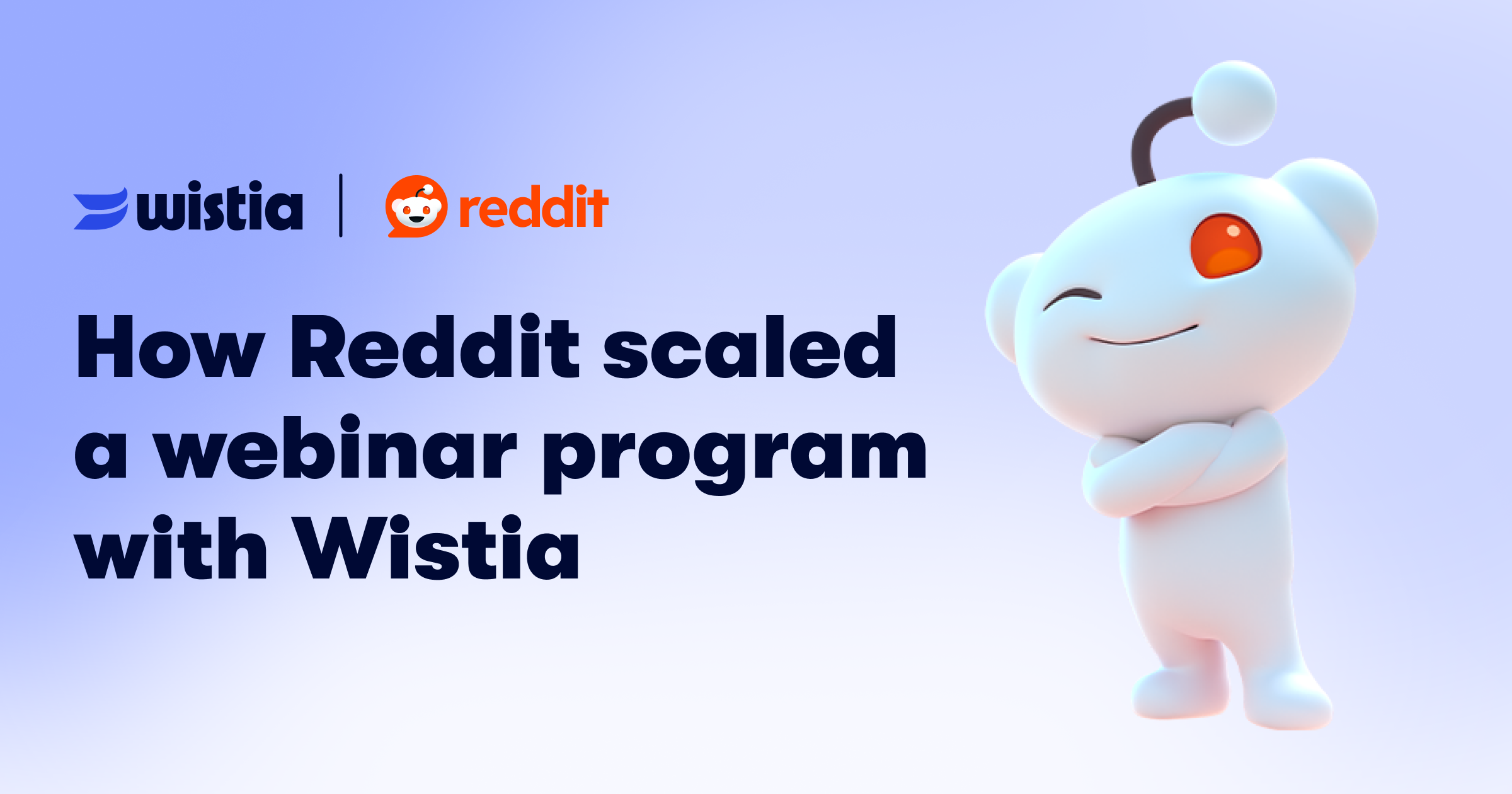What Football Taught Me About Community Building
November 5, 2015
Topic tags
Much of what I’ve learned about community building, I’ve learned from watching football. Football fans have a structured community that they take wherever they go, making it easy for them to reach out to members and develop lifelong relationships. If you look closely at the football fan’s average Sunday, you’ll see methods, tactics, and relationships that community managers work with every day.
Creating community relationships
Football is played, broadcasted, and loved, all over the United States. It’s a sport that brings folks together with feelings of belonging, loyalty, and passion. Everyone can be a part of a football community. There aren’t many barriers to entry — if you have a home state, you’re in. You can go to any sports bar in any state and have a quick way to introduce yourself to others all before first down.
Walking into a sports bar as a football fan reminds me of the phrase “strangers are just friends you haven’t met yet.” Introductions can come last, with conversations about the game taking precedent. As community managers, we often think about ways to start conversations and nurture relationships between our members. When walking into a new sports bar without knowing anyone, starting those relationships is as simple as asking, “who’s your team?.”
“As community managers, we often think about ways to start conversations and nurture relationships between our members.”
Showing up
You can’t have a thriving community without folks showing up. Whether people participate online or in person, a community needs its members. The consistency of in-person community events is a clear path for those who want to become a part of it — every Thursday, Sunday, and Monday night, whether at a bar or a friend’s house, football fans can count on a community get-together. If they prefer to participate online, that’s an option where relationships can be developed — just ask this recently married Michigan couple, who met thanks to the ESPN comments section.
Such consistency assures people that their community is sticking around, creates a top-of-mind mentality, and soothes the guilt that comes with missing a meeting. Events that are infrequent and inconsistent carry a lot of weight, and folks who don’t come are left with a feeling of missing out, questioning their belonging in the group. Scheduling events regularly and assuring people that opportunities for participation will come soon gets them excited for future meetings and keeps them involved in the community.
Inspiring conversation
A quiet community is one that isn’t prospering. Finding out a community’s interests and values, as well as inspiring conversations organically, are important parts of a CMGR’s daily routine. In football, there’s no shortage of conversation. Everyone in the space is there for the same reason — to watch their team win and to talk about the game.
As with communities like reddit and Duolingo, football has its own language. Folks feel as if they are part of somewhere they can belong, and therefore put time and attention into learning the many rules of the NFL. From the Use of Hands rules to the official signals, the 86-page constantly changing rule book allows for plenty of conversation. All of those rules, although a ton to talk about, may seem like a barrier for people wanting to get into the game. However, once folks start asking questions, the football community’s mentor/mentee mentality comes out.
The mentor-mentee phenomenon
The only people who know each NFL official rule are the teams and the officials (if you claim to know them all, please get at me — I want to follow you on Twitter). We’ll never know everything there is to know about football, and that’s okay. This constant learning is what inspires conversations in the community. When folks don’t know why a call is made, or what a rule means for the play, there will always be someone around to explain.
“This constant learning is what inspires conversations in the community.”
People who don’t know much about football but are eager to learn will fall into the mentee category, while others who have deeper knowledge will be mentors. Getting new members of the football community up to speed is beneficial for everyone — the community conversations become more engaging, and the level of conversation has more depth. In the process of asking and answering questions, the community becomes stronger and fosters friendships.
The competition
Football is all about the competition. Loyal fans back their teams as they play one another for a chance at the Super Bowl. Competition is inherent to the game. Unlike many communities where confrontation is avoided, the football community thrives on it.
The unspoken community rules draw a line between insulting someone personally and ragging on their team in the heat of the moment. Allowing fans to get loud at an opposing team may actually help to bring members together through the smack talk. Drinks are bought for fans of a losing team, and an element of respect stays with community members, whether their teams have won or lost.
Most communities have a set of shared values. The respect shown to football community members stems from a value of loyalty. Fans are loyal to their teams throughout their lives, win or lose. A member who exemplifies that loyalty through hard times gains the respect of other community members and is an integral part of the group.
Community takeaways
Make your events consistent. Whether you’re having a TweetChat, a bi-weekly Meetup, or a monthly happy hour, make sure your community members know when it’s happening, and that another is on the way. This allows for consistent opportunities for engagement and gives members reassurance that your community is sticking around.
Information is key. Football conversations are bustling and engaging because there’s always more to learn. What information can you give to your community members that will provide value and something to discuss? Find it, write it, and let it in the wild. We recently shared a blog post and inspired a conversation around lead scoring with video — all to spread information to our community members.
Create a secret language. It doesn’t have to be Klingon. It can be something as simple as a few names for community terms, such as “upvote” on reddit, or “Lingon” on Duolingo. These terms will give your community members a sense of belonging and identity — they know something others don’t and can use shared terms to chat.
Allow competition. A little healthy competition can inspire your community members and help them gain respect for one another. Make sure to offer opportunities for folks to work together on projects. When hard work is shared and acknowledged, members will get to know others in the space, and will respect them for their efforts.
Think about your mentor/mentee situation. How do people ask for help from others who know what they’re talking about? How do you establish a space that is trusting and accepting of new members? We recently introduced a new Intros category in the Wistia Community to help new Wistians dive in — go ahead, introduce yourself!






